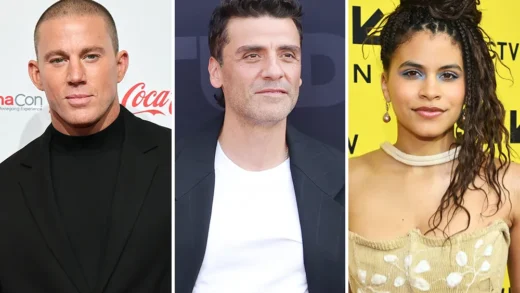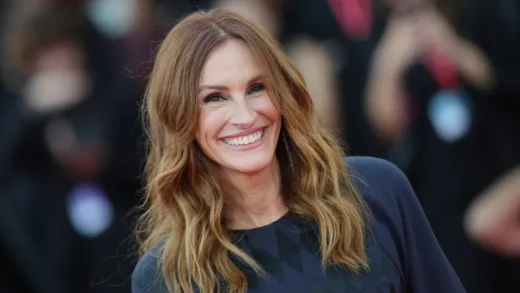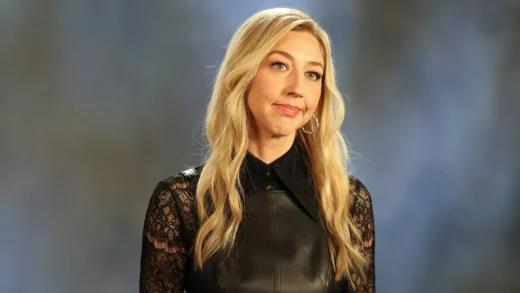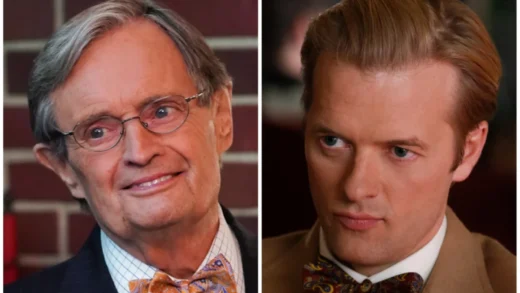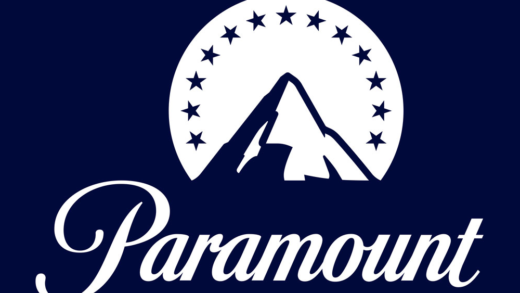Rose McGowan’s name has been a staple in the news cycle since the Harvey Weinstein scandal broke in October, but she says she actually trademarked what has become her #MeToo army, the Rose Army, three years ago.
During a two-part interview on Good Morning America that aired Tuesday, the actress told ABC news host Robin Roberts of her intention, “I wanted to see if I could make people — societally, including myself — 10 percent more awesome. The broader message is about thought and about looking at things. I realized, there are no lobbyists for critical thinking. There are no lobbyists for bravery.”
McGowan explained that her three-pronged approach includes her documentary Citizen Rose, airing tonight on E!, her book Brave, which is now available, and a forthcoming album.
“Be brave,” she said of her message. “Do it, even if your ankles shake, because they will.”
McGowan became a quick activist in the sexual harassment reckoning after going public with her rape accusation against Weinstein and becoming one of the first Hollywood names to contribute to reports in the New York Times and New Yorker. She used her Twitter account as a platform to continue to speak out against sexual misconduct, particularly in Hollywood, and empower other victims of harassment and assault.
In both the book and in her show, Weinstein is referred to only as “the monster” and never by name. The book goes into detail about the alleged assault, which she has said happened in his hotel suite at the annual Sundance film festival in 1997.
That day, a MTV camera crew was following her to film “a day in the life of Rose McGowan” segment. She remembers turning to the camera and saying, now regrettably, “I think my life is finally getting easier!”
She now says, “I walked in and, for me, he’s a sick person, he’s a sick mind — but what about all the others? There were so many. The machinery he would set up in every country he would go to for the handlers to hand him the victims, starting with the agents and managers.”
Explaining the set-up, McGowan says the meeting was in a presidential suite, which can often take up the entire floor. Auditioning for a director in such a room was not unusual.
Robins then read a detailed passage from her book about the encounter.
“A lot of victims and survivors will say they detach and you really do; you float up above your body,” McGowan said. “Your brain is in another place and all of a sudden your body is like, ‘What, what, what?'”
McGowan, who has been vocal about Hollywood complicity in the current climate, then said, “My then-manager got a job with him for seven years after that, you do the math.”
(Excerpt) Read More in: The Hollywood Reporter
